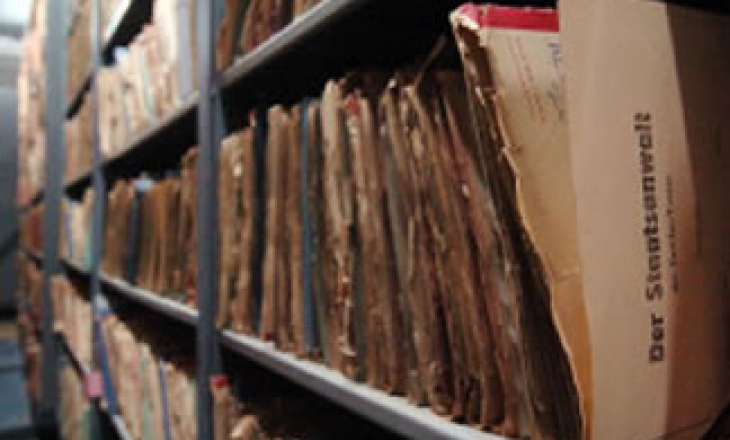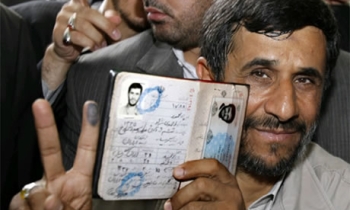The daily Berliner Zeitung has announced that the overwhelming majority of editorial staff has voted to access their official records at the government's archive, after two senior journalists at the newspaper admitted they were former East German secret police, Stasi, informants.
On Monday, the left-leaning paper's 50-year-old political editor admitted to having been a Stasi informant for a decade, from the time he was 18 until East Germany collapsed in 1989. The unnamed employee apologised to his colleagues. His admission came after another of the paper's section editors, Thomas Leinkauf, was outed last Saturday as a Stasi informant for two years as a student in the 1970s under the alias "Gregor." Leinkauf had not tried to conceal his Stasi involvement, though, said editor the paper, Josef Depenbrock, according to Der Spiegel.
At a staff meeting on Monday, a second editor, Ingo Preissler, announced he had been a Stasi informant for 10 years from when he was 18 until the peaceful revolution that toppled the Communist East German regime in 1989, according to Deutsche Welle.
Founded in 1945, the Berliner Zeitung was the daily paper of Communist East Berlin. Today, it sells around 185,000 copies a day in Berlin and the state of Brandenburg. It is now owned by British businessman David Montgomery.
The Speigel reported:
Depenbrock announced Monday that all of the paper's approximately 120 editorial staff members would have their backgrounds checked by an independent, external body. "We want to make sure that we don't lose our journalistic integrity," he told news agency Deutsche Presse-Agentur (DPA).
Leinkauf was outed as a civilian Stasi spy on Saturday (lasy) after a file detailing his involvement surfaced. As a philosopy student, Leinkauf worked for the Stasi for two years in the 1970s, snitching on fellow students and teaching staff. He was dropped by the Stasi in the summer of 1977 because it deemed him politically unreliable, as he had allegedly shown too much sympathy for Trotskyist ideas.
According to the paper's editor, Leinkauf had not kept his Stasi past secret. Depenbrock added that although it was tragic on a personal level, as both men had done good work for the paper, it was wrong to play down or trivialize working for the Stasi.
According to Berliner Zeitung editorial committee spokesperson, Thomas Rogalla, in the paper's Wednesday edition, 85 employees voted in favour of the action, while two staff members rejected the idea, and two others chose not to vote in the secret ballot.
The Berliner Zeitung chose this route because Stasi record laws would prevent background checks on all employees, Rogalla said. The government archive in charge of the records of the East German Ministry for State Security makes them available to the public and institutions under stringent legal regulations.










